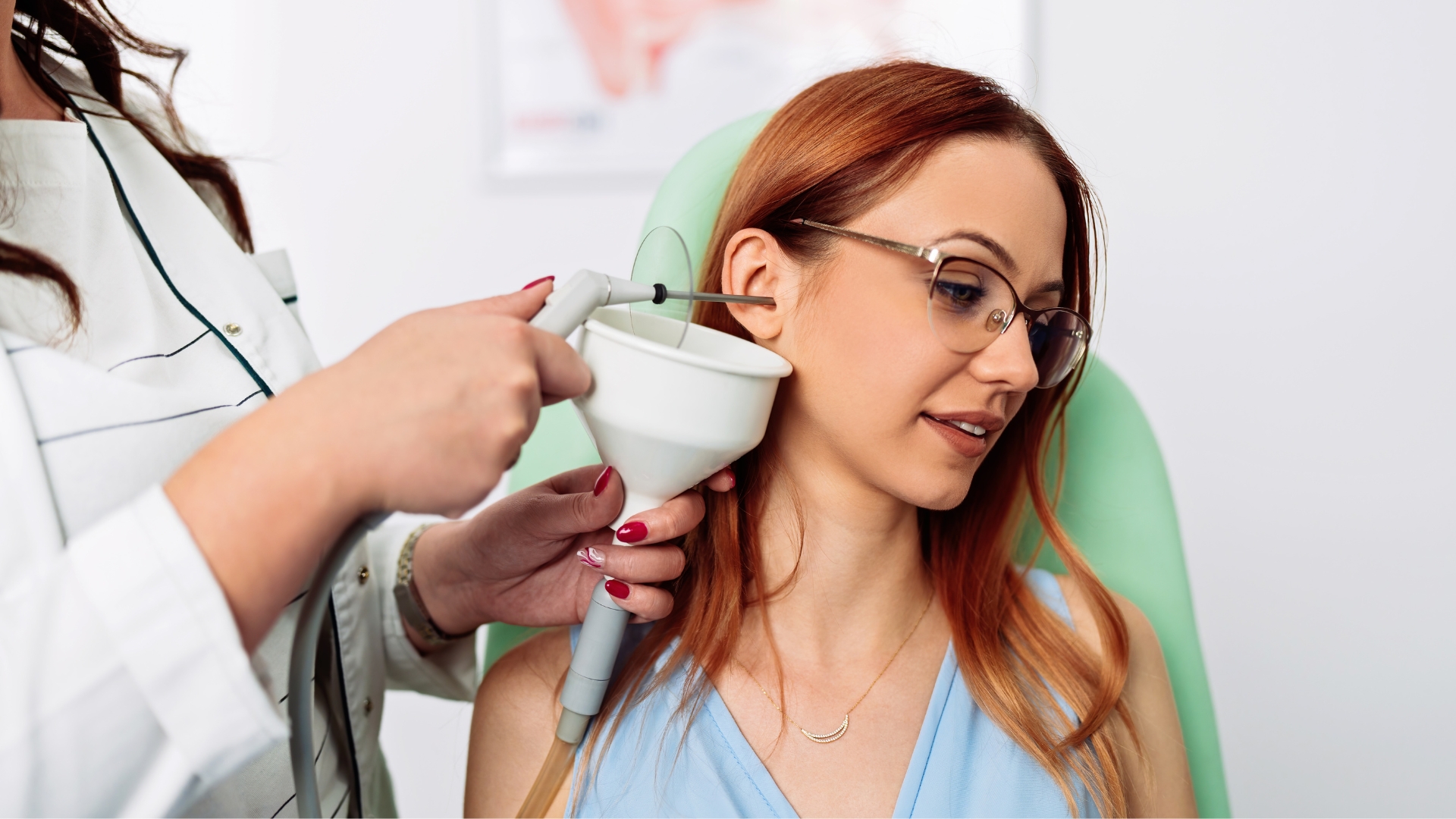
Maintaining good hearing and ear health is crucial for overall well-being and quality of life. Whether you’re looking to prevent hearing loss or manage existing conditions, there are several effective strategies to keep your ears in top condition. Here are ten of the best ways to protect your hearing and ear health.
1. Use Hearing Protection
Overview: Hearing protection is essential when exposed to loud noises, whether at work, during recreational activities, or in noisy environments.
Options:
- Earplugs: Disposable or reusable earplugs can reduce noise exposure.
- Earmuffs: Provide extra protection, especially in very loud environments.
Benefits:
- Prevents Noise-Induced Hearing Loss: Reduces the risk of damage from loud sounds.
- Comfortable: Available in various styles for different needs.
2. Limit Exposure to Loud Noises
Overview: Minimizing exposure to loud noises is key to preserving your hearing over time.
Tips:
- Reduce Volume: Lower the volume on personal audio devices.
- Take Breaks: In noisy environments, take regular breaks to give your ears a rest.
Benefits:
- Long-Term Hearing Protection: Reduces the cumulative impact of loud noises.
- Prevents Hearing Fatigue: Helps avoid temporary hearing loss.
3. Keep Your Ears Dry
Overview: Moisture in the ear canal can lead to infections and other issues.
Tips:
- Dry Ears Thoroughly: After swimming or bathing, gently dry your ears with a towel.
- Use Earplugs: When swimming, consider using waterproof earplugs.
Benefits:
- Reduces Risk of Infections: Prevents conditions like swimmer’s ear.
- Maintains Ear Health: Helps prevent fungal and bacterial growth.
4. Avoid Inserting Objects into Your Ears
Overview: Inserting objects into the ear canal can cause damage and push earwax further in.
Recommendations:
- Avoid Q-Tips: Instead, clean the outer ear with a damp cloth.
- Seek Professional Help: If you have earwax buildup, visit a healthcare provider for safe removal.
Benefits:
- Prevents Ear Canal Damage: Avoids scratches and potential infections.
- Maintains Natural Earwax Balance: Earwax is essential for ear health.
5. Regular Hearing Check-ups
Overview: Regular hearing tests help monitor your hearing health and detect any issues early.
Recommendations:
- Annual Check-ups: Schedule hearing tests with an audiologist or healthcare provider.
- Monitor Changes: Pay attention to any changes in your hearing and report them promptly.
Benefits:
- Early Detection: Identifies potential issues before they become severe.
- Personalized Advice: Provides guidance on managing your hearing health.
6. Maintain a Healthy Lifestyle
Overview: Overall health plays a significant role in maintaining good hearing.
Tips:
- Healthy Diet: Eat a balanced diet rich in vitamins and minerals.
- Exercise Regularly: Engage in physical activity to improve circulation and overall health.
Benefits:
- Supports Ear Health: Promotes good blood flow to the ears.
- Boosts Immune System: Helps prevent infections that can impact hearing.
7. Manage Chronic Conditions
Overview: Chronic health conditions can affect your hearing, so managing them is crucial.
Tips:
- Monitor Blood Pressure: High blood pressure can impact hearing.
- Control Diabetes: High blood sugar levels can damage blood vessels in the ear.
Benefits:
- Protects Hearing: Helps prevent complications related to chronic conditions.
- Overall Health Improvement: Contributes to better overall health management.
8. Avoid Ototoxic Medications
Overview: Some medications can negatively impact hearing.
Recommendations:
- Consult Your Doctor: If prescribed medications, discuss potential hearing side effects.
- Follow Dosage Instructions: Take medications as directed to minimize risks.
Benefits:
- Prevents Hearing Damage: Reduces the risk of drug-induced hearing loss.
- Informed Decisions: Allows you to make choices that protect your hearing.
9. Be Cautious with Earphones and Headphones
Overview: Listening to music or other audio through earphones or headphones can impact your hearing.
Tips:
- Follow the 60/60 Rule: Listen at no more than 60% volume for no more than 60 minutes at a time.
- Use Noise-Canceling Headphones: Reduces the need to turn up the volume in noisy environments.
Benefits:
- Prevents Hearing Loss: Reduces the risk of damage from prolonged exposure to loud sounds.
- Enhances Listening Experience: Offers a more balanced and comfortable audio experience.
10. Educate Yourself and Others
Overview: Understanding the importance of hearing health and sharing that knowledge can make a difference.
Tips:
- Stay Informed: Keep up with the latest information on hearing health and protection.
- Raise Awareness: Share tips and resources with friends and family to promote hearing health.
Benefits:
- Prevents Hearing Loss: Increases awareness and adoption of protective measures.
- Supports Community Health: Contributes to better hearing health in your community.
Conclusion
Protecting your hearing and ear health is essential for maintaining a high quality of life. By following these ten strategies—ranging from using hearing protection to managing chronic conditions—you can help safeguard your hearing and enjoy better auditory experiences. Regular check-ups, a healthy lifestyle, and cautious use of audio devices are all important steps in preserving your ear health for years to come.